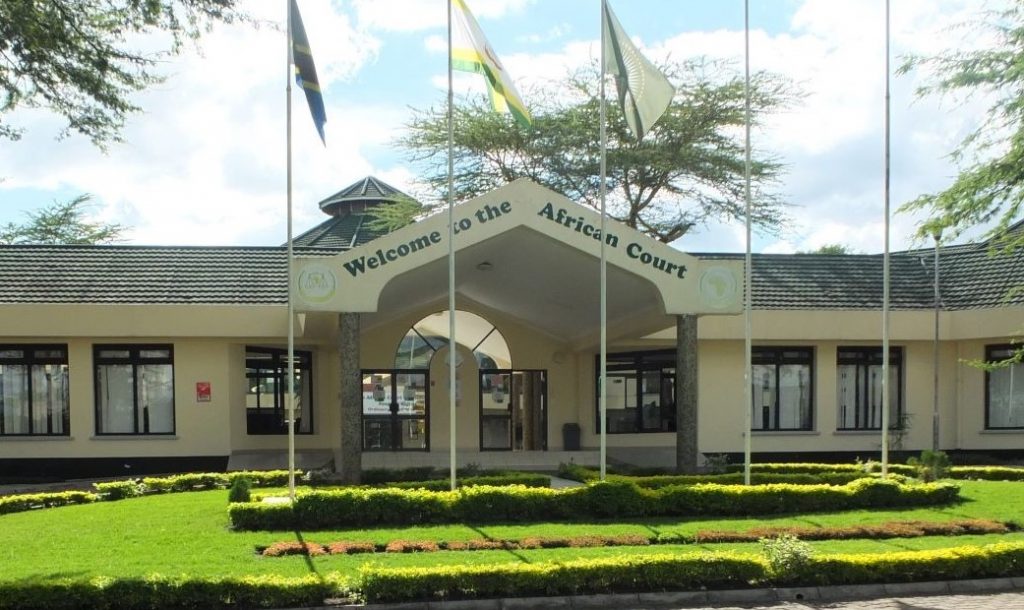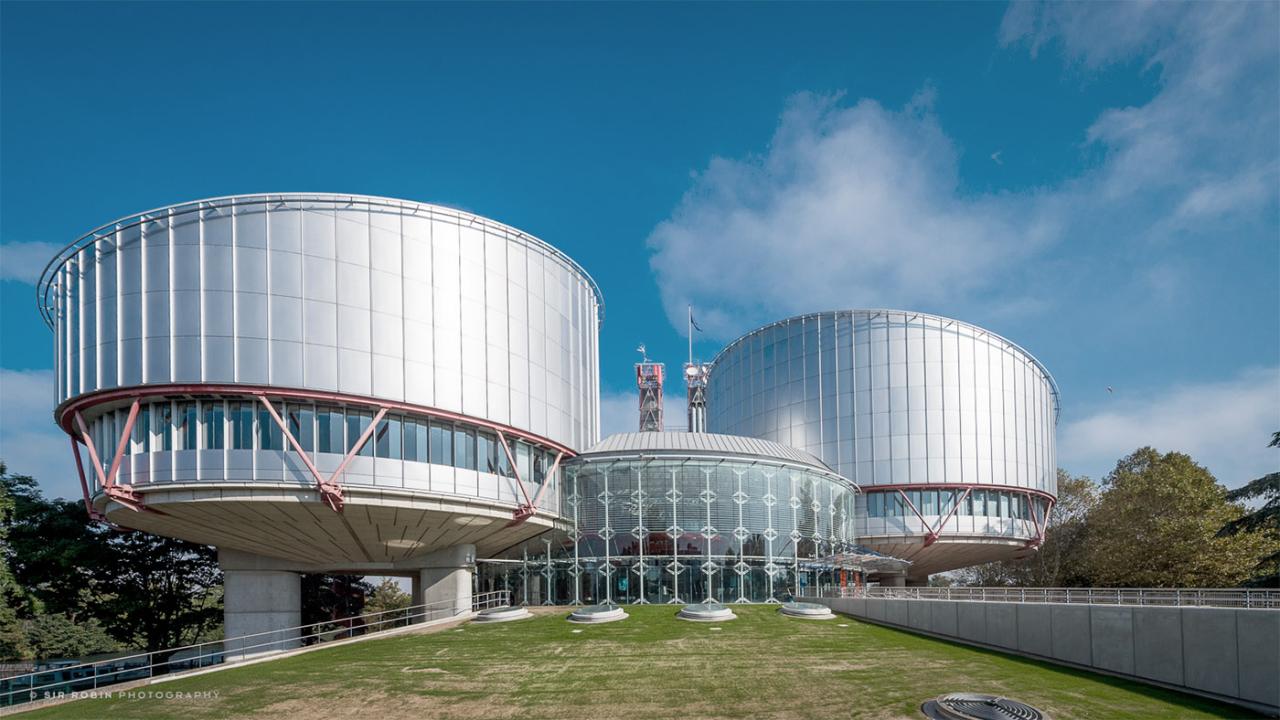(By Shannon Landheer, Unite Program Director)
Unite for Rights is a strong advocate for making human rights enforceable in courts, ensuring that human rights are not just something claimed and talked about. In a time of mounting threats to the rule of law, regional human rights courts remain among the most effective mechanisms for safeguarding rights and ensuring state accountability.
Throughout their unique histories, the three regional courts: the European Court of Human Rights, the Inter-American Court of Human Rights, and the African Court on Human and People’s Rights have delivered justice to thousands of victims of human rights violations. Through their rulings, the Courts have served as a crucial tool for protecting democracy and reinforcing the rule of law. This is why a core part of Unite’s mission is to utilize and strengthen the regional court system.
The Influence of Regional Courts
The success and influence of the regional courts can be seen in recent landmark cases which have set precedents in areas of political freedoms, democracy, and environmental rights. These rulings not only impact the individuals and communities directly involved, but also set legal standards that apply to entire regions.
Protecting Political Freedoms:
In 2018, the African Court ruled that Rwanda’s conviction and imprisonment of opposition leader Ingabire Victoire Umuhoza violated her right to freedom of expression. The decision helped facilitate her release later that year, demonstrating the Court’s ability to protect individual rights when domestic justice systems are inadequate.

Defending Judicial Independence:
In 2021, the European Court ruled that Poland’s Constitutional Tribunal had violated the right to a fair trial and was no longer independent and impartial due to politically influenced judicial appointments. The ruling held Poland accountable for undermining judicial independence and sent a strong message that all member states must maintain impartial, lawfully constituted courts to protect democracy and the rule of law.

Advancing Environmental Rights:
In March 2024, the Inter-American Court ruled that Peru had failed to protect the right to a healthy environment for individuals in the mining town of La Oroya. The decision set a precedent for recognizing the Right to a Healthy Environment (RHE) and Nature as a rights-holder. The Court also reinforced corporate human rights obligations, which is key to the protection of human rights internationally, helping to ensure that corporations are not above international law.

Implementation Challenges
While these cases mark victories for human rights, rulings are not always implemented and state non-compliance remains a barrier to enforcement. To address this, the regional courts have increasingly focused on monitoring compliance, and some states have introduced domestic mechanisms to support implementation. Still, greater enforcement mechanisms are needed.
Court decisions should be directly enforceable in national courts, and in cases where judicial enforcement is lacking, as was recently the case in Poland, fines and other penalties should be imposed to encourage compliance with international human rights law.
Civil society organizations play a crucial role in ensuring court rulings are implemented. Non-governmental organizations provide legal support, apply pressure to governments, and help ensure that legal victories are enforced. Philanthropic funding to support staffing, operations, and accessibility can further build resilience of the courts.
Expanding Reach and Cooperation
Currently, many parts of the world, including Asia and the Middle East, lack access to regional human rights courts. By encouraging efforts to expand the regional courts system, we can help ensure that all people have equal protection under international law.
Encouragingly, collaboration between the European, African, and Inter-American Courts is growing. Following the San Jose and Kampala Declarations in 2018 and 2019, the three courts have established regular dialogue to enhance mutual understanding and alignment. They now publish annual Joint Law Reports that highlight convergence and divergence in their rulings, promoting transparency, consistency, and a shared commitment to the rule of law. (For more information on this, please view the Resources page on the Unite Website).
Additionally, deeper cooperation between regional courts and international bodies, such as the UN Human Rights Council, is beginning to take shape. This growing collaboration has the potential to enhance protections at the global level, reinforcing the universality of human rights.
The Path Forward
Unite recognizes that creating an International Bill of Rights alone is not enough — we need strong courts, and we need enforcement. For rights to have meaning, they must be enforceable by independent courts, and those courts must be adequately supported and empowered.
As the 21st century presents new human rights challenges, from environmental degradation due to human-driven climate change, to artificial intelligence and digital rights violations, it is essential that courts embed human rights protections into these emerging areas as they grow in the future.
By uniting behind the Regional Courts, we can ensure that human rights are not only declared, but delivered and upheld for all. Add your name to the globe to show your support for the rule of law, and help the strengthening and expansion of regional courts.


Leave a Reply